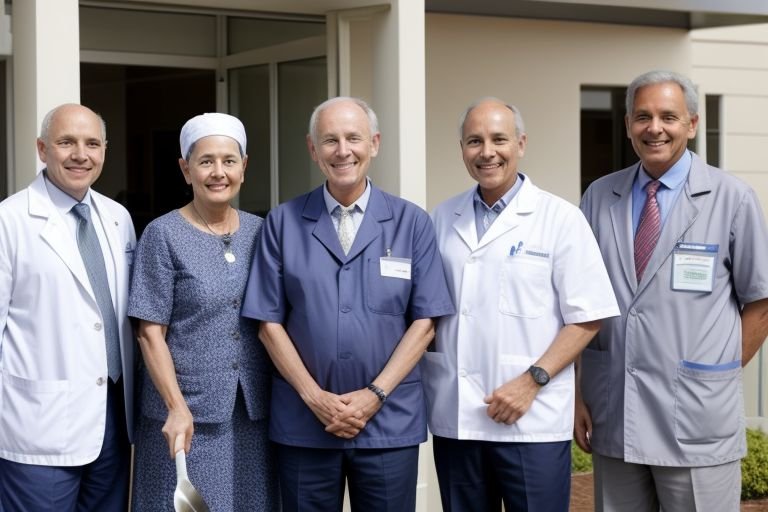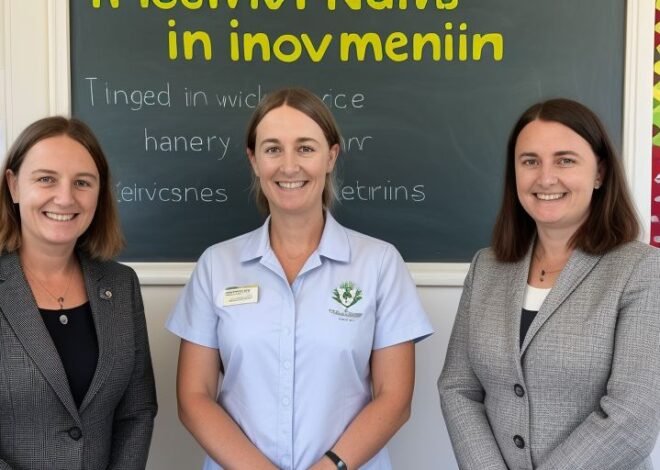
Cape Town Hospital Pioneers Groundbreaking Cancer Treatment
The Mayor of Johannesburg has launched a mass mental health initiative plan that will seek to contain the worrying rise in psychological problems in the city. The plan revealed today by Johannesburg’s mayor Mpho Phalatse will greatly increase the number of mental health clinics of the city as well as the availability of related units throughout the clinics and community facilities.
“The COVID-19 pandemic has taken an enormous toll on the mental wellbeing of our citizens,” Mayor Phalatse said at a press conference. “With this program, we are making mental healthcare a top priority and ensuring that quality psychological support is available to all Johannesburg residents, regardless of their economic circumstances.”
The primary component of the outreach is to place more than 100 new mental health workers psychologists, counsellors, and social workers – in facilities that serve Johannesburg’s population. This actually means the city will have doubled the workforce in this area, in the next couple of years. The hiring additional staff means clinics will be in a position to extend each of the counselling services, group, and psychiatric to the patients.
The program also envisages addressing issues of stigma as well as promoting demand for mental health services. Outdoor ads such as billboards, radio/TV commercials, and social media posts and stories will raise awareness of various mental health disorders, such as depression and anxiety, and point people to various support resources.
“Too often, mental health issues go unaddressed due to shame or lack of understanding,” said Dr. Nomathemba Mokgethi, Gauteng MEC for Health. “We want to normalize conversations about mental health and ensure people know that effective treatments are available.”
To reach out to these populations, the city will pilot Mobile Mental Health Clinics – fully equipped, motorized vehicles designed to drive into townships and informal settlements to offer counseling and assessments. The mobile units are meant to help eliminate transportation issues that are common and keep people away from care assistance.
It also pays particular emphasis on youth mental health. New school-based services will educate teachers to identify students with emerging psychological symptoms and basic counseling services. Also, a war helpline available for children and teenagers who are going through mental breakdowns is also to be initiated.
“The mental health of our young people is particularly concerning, with high rates of depression, anxiety, and suicide,” said Dr. Mpho Puthi, Head of Psychiatry at Charlotte Maxeke Johannesburg Academic Hospital. “Early intervention is crucial, which is why we’re prioritizing youth in this initiative.”
The cost of the program is R500 million spread over the three years of implementation, and the cost will be shared between municipal funding and funding from global health sectors. Elected leaders estimate that once ramped up, the program will deliver mental health care to more than 200,000 inhabitants per year.
Local and international mental health specialists have generally applauded Johannesburg for attempting to do a lot. “This is exactly the kind of bold, comprehensive approach needed to address the mental health crisis,” said Professor Crick Lund of the University of Cape Town. “It could serve as a model for other African cities.”
Nevertheless, some critics have argued whether the program lacks sufficient intensity amid the evidential demands. “While this is a positive step, we ultimately need a national strategy with much greater resources behind it,” said Cassey Chambers of the South African Depression and Anxiety Group.
According to Mayor Phalatse, the program may only be an initial effort but should gradually be effective. “We know there is much more work to be done,” she said. “But this initiative will touch countless lives and put Johannesburg at the forefront of urban mental healthcare in Africa.”
As stated earlier, the mental health program will start being implemented next month, with all the above-highlighted components expected to be fully implemented by early 2025. Decision makers at the city level will pay careful attention to the patterns in utilization to determine where future expansions of mental health services should occur and with what impact.
This way, Johannesburg is taking a massive leap toward the recognition of mental health as an important aspect of human lives. As rates of mental illness continue to climb in communities around the globe, the city’s approach could serve as the blueprint for meeting this pressing global health issue.


